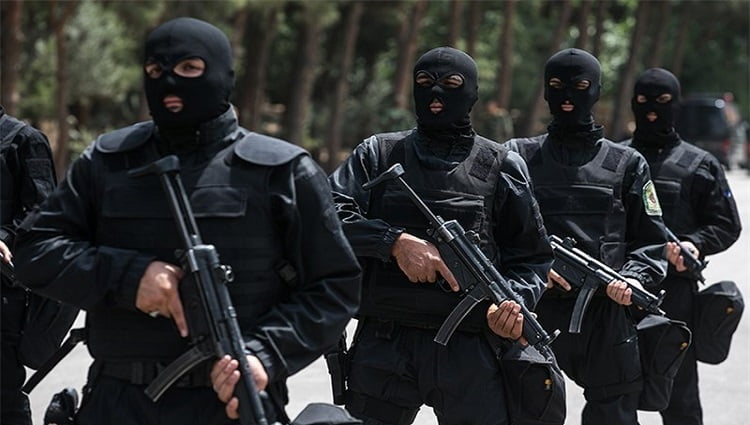Exclusive – 40 Years of Iran’s Sponsorship of Terror
Exclusive – 40 Years of Iran’s Sponsorship of Terror
The escalation of Iran and its Revolutionary Guards Corps (IRGC) in the Middle East has become apparent. It has mobilized the Houthi militias in Yemen to launch attacks against Saudi Arabia through the firing of ballistic missiles and explosives-laden drones. Four commercial vessels were victims of sabotage off the coast of the United Arab Emirates and two Saudi Aramco oil pumping stations were attacked.

Iran’s involvement can be confirmed given that the developments took place as tensions between it and the United States are on the verge of spiraling into a military conflict. On Thursday, the Pentagon outlined proposals to the White House to send military reinforcements to the Middle East to beef up defenses against Iran. This confirms that Iran is pressuring extremist militias to launch attacks against powers that oppose its interests, demonstrating the terrorism it practices in the region.
Being a “state-sponsor of terrorism” means that a country often resorts to systematic violence to create a climate of fear among the people to achieve a certain political goal. A country would also employ terrorism or support terrorist groups as part of its international policy against another country by launching direct or indirect attacks through these groups, which are offered weapons, logistic support, training and even safe haven.
Iran’s terrorism poses a real threat to national or regional security. The international community has recognized this threat and the United States has since 1984 labeled Iran as a state-sponsor of terrorism.
Iran and the Houthis
The IRGC has provided financial and material support, training, weapons and rockets to several terrorist groups, including the Houthis in Yemen. This has allowed the Houthis to fire over 225 ballistic rockets and fly over 145 drones towards Saudi Arabia. They have targeted Saudi government facilities and several cities, including Riyadh.
Saudi-led Arab coalition spokesman Colonel Turki al-Maliki had previously confirmed that inspections of drone shrapnel revealed that they were provided by the IRGC.
Earlier this month, Acting Permanent Representative of the United States to the United Nations Jonathan Cohen said the Houthis must cease UAV attacks against Yemen and their neighbors.
Iran Briefing | News Press Focus on Human Rights Violation by IRGC, Iran Human Rights

